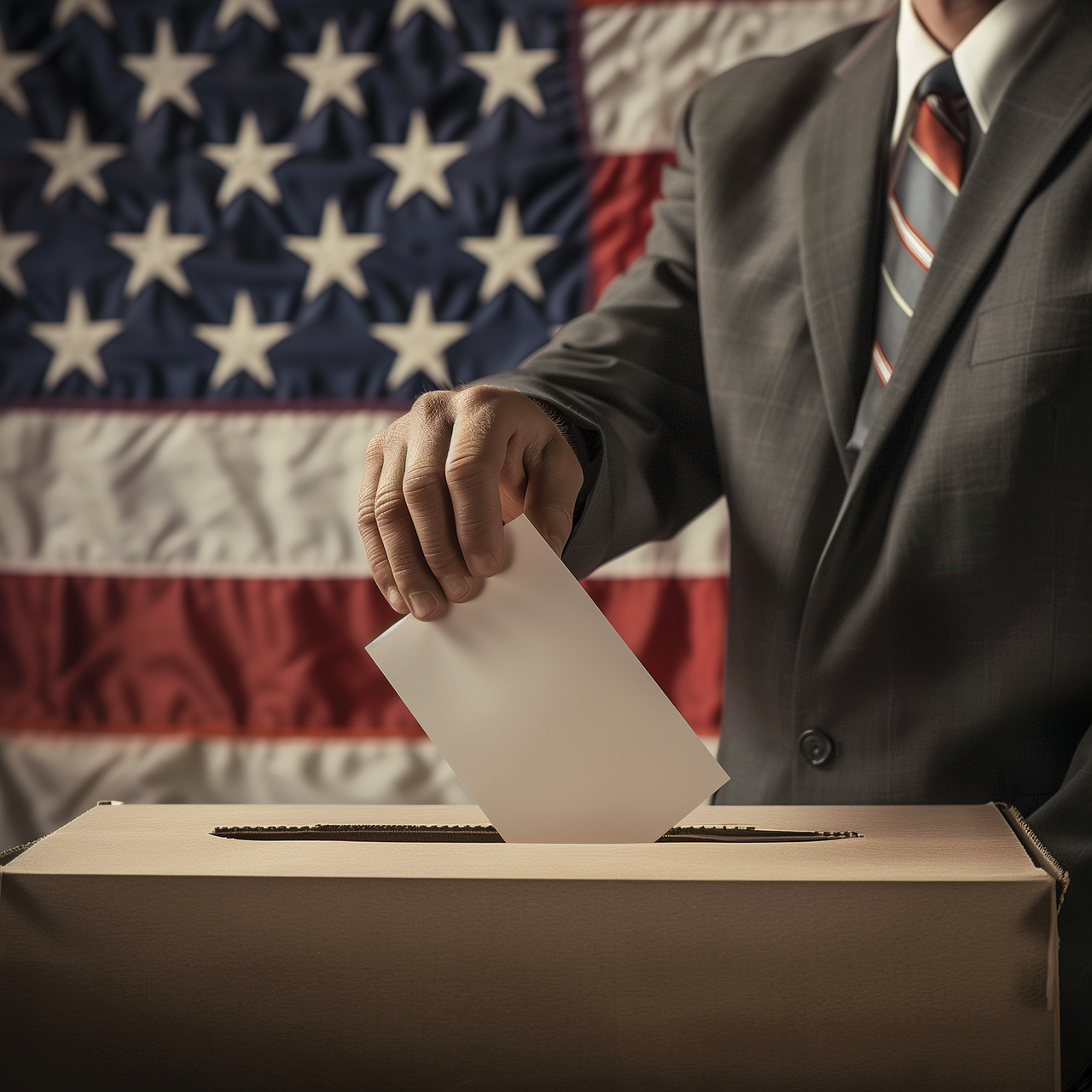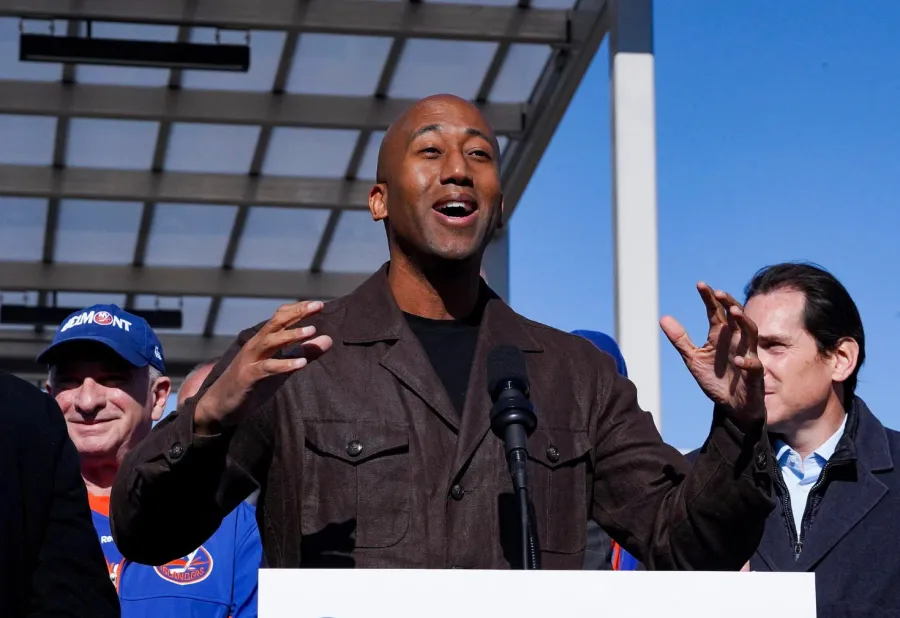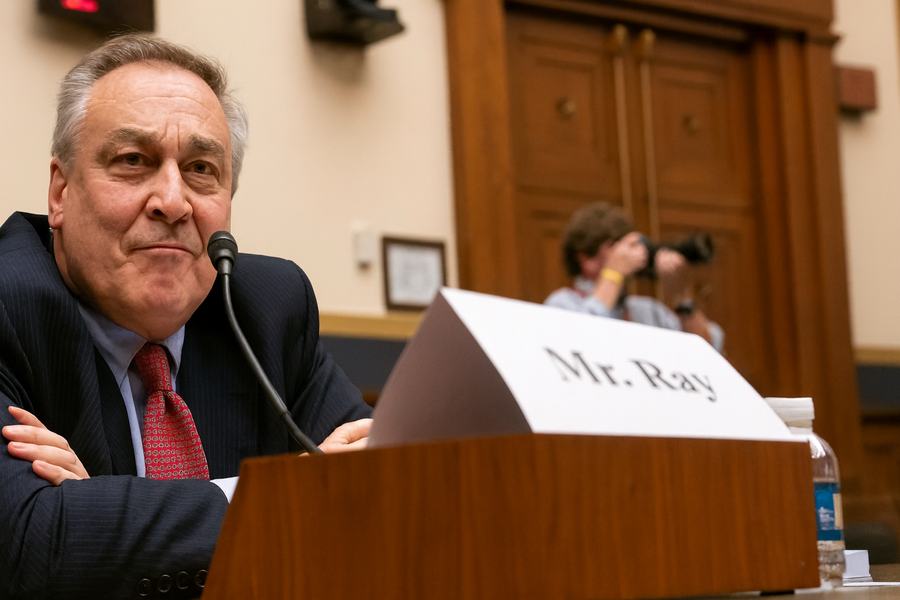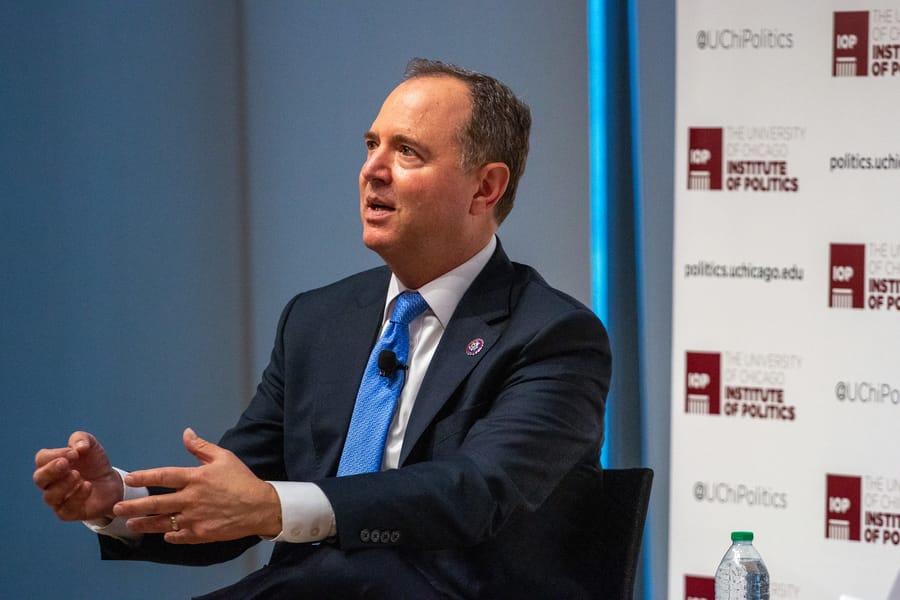The New York state legislature is considering a new proposal to employ blockchain technology to protect electoral data and results. Democratic Assemblyman Clyde Vanel recently filed Assembly Bill A7716, which directs the New York State Board of Elections to conduct a comprehensive study on blockchain technology's potential role in enhancing election integrity. The bill is currently before the Election Law Committee. If passed, the report must be delivered within 12 months, outlining how this technology could be applied to current voting systems.
The legislation defines blockchain as a decentralised, cryptographically secured, immutable, and auditable ledger capable of delivering an uncensored truth. The bill mandates that the Board of Elections collaborate with the Office of Information Technology Services and consult with experts in blockchain, cybersecurity, voter fraud, and election infrastructure. This is not Vanel's first attempt—similar proposals have appeared since 2017, though none have reached the Governor. The 2025 version enters amid broader national interest in blockchain for public infrastructure. Utah recently passed HB230, protecting individuals' and businesses' rights to participate in blockchain activities, such as running nodes and accepting digital assets as payment.
Previous experiments with blockchain voting systems, such as the Swiss city of Zug's 2018 trial and West Virginia's 2018 blockchain-based voting platform for overseas military personnel, proved successful trials, albeit with limited applications. However, experts have expressed serious reservations about the security risks of such systems. Joseph Lorenzo Hall, Chief Technologist at the Center for Democracy and Technology, described mobile voting as a "horrific idea," highlighting issues with device security. The political barriers present perhaps an even more complex challenge—widespread adoption of blockchain voting would require uniform digital identity systems and interoperable databases across states and counties, demanding significant political coordination at all levels.
Sources:
1.

2.
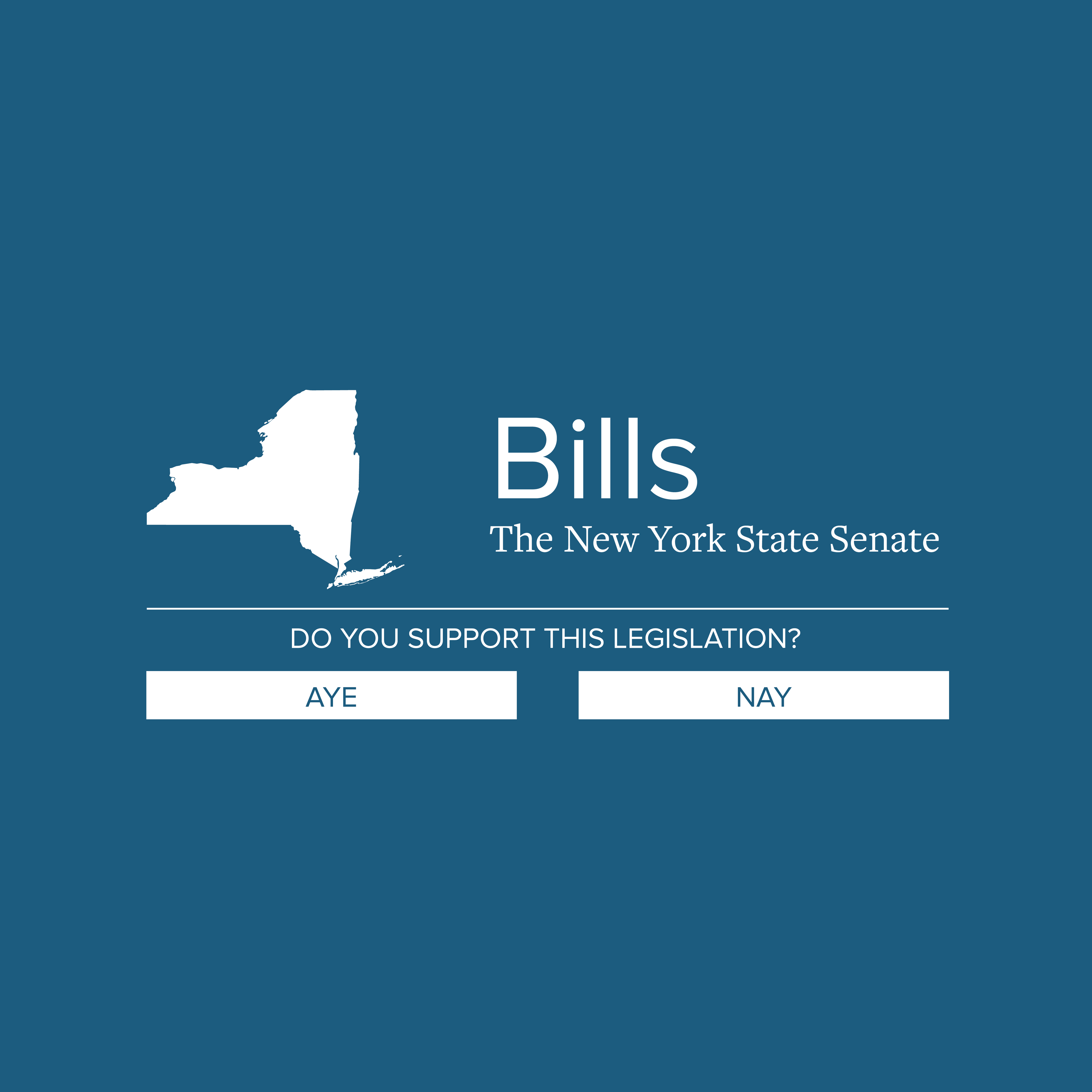
3.

4.
